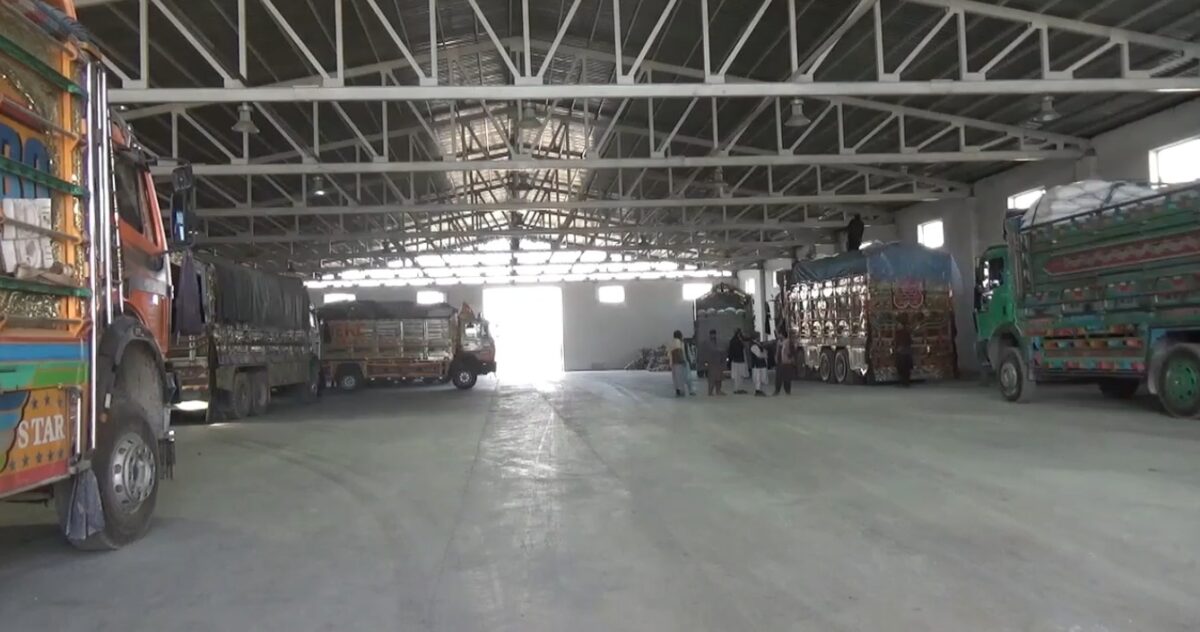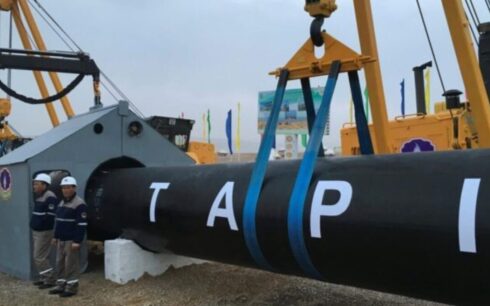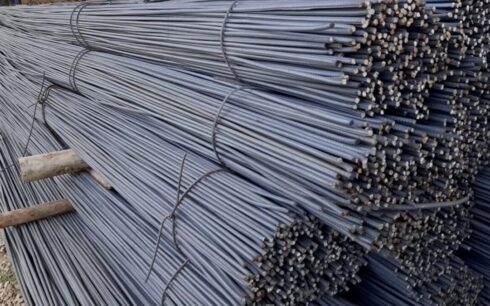Owners of a number of factories in the eastern province of Nangarhar in Afghanistan have complained about ongoing problems and say that unless these issues are resolved manufacturing businesses in the country will be forced to close.
Among their problems are the continual shortage of electricity and issues related to money transactions.
The owner of Tal Pisarley, a poultry feed production plant, said his biggest problem was because of banking sanctions.
Gul Murad Arab said he produces poultry feed that served both a domestic market and Tajikistan and Uzbekistan. However, since the Taliban gained power in August 2021, his exports have stopped.
This is due to banking sanctions imposed by the US, he said.
“Before, I used to export chicken feed to Tajikistan and Uzbekistan, but now there are problems and the exports have been stopped. The banking problem is the worst, and has caused the factories to face challenges,” Arab said.
Najibullah Taraki, another owner of a grain feed company, which processes the raw material, said his company used to process 1,200 tons of grain for chicken feed a day during the former government’s tenure. Now however, output has dropped drastically and where he once had 500 employees, he now only has 70.
“Due to the collapse [of the former government], our income dropped by half, but due to the problem of electricity, our output is now almost zero. After the collapse [of the republic], we reduced the number of workers to 200 people, and now because of the electricity shortage, the number is down to 70 people,” Taraki added.
A number of workers, meanwhile, called on the Taliban to resolve the problems faced by Nangarhar factory owners.
Khudaidad, a worker at Taraki’s factory, said: “The poor and vulnerable [people] urge the Taliban to solve the problems of the factories and provide jobs to the poor [people].”
The collapse of the former government not only inflicted financial losses on countless factories in Afghanistan but it also had a domino effect on the transport sector.
Mohammad Zamin, an Afghan truck driver said he is now running at a loss.
“I have made 1,000 Afghani ($11,50) in the last three days and nights. I am confused. Should I hand over the money to the owner of the truck or I shall take it? Now you judge if it is a loss or a profit,” Zamin said.
A number of factories in Nangarhar province are on verge of bankruptcy and factory owners worry they will be forced to close down if banking issues and electricity shortages are not resolved in the near future.
History of sanctions against the Taliban
Sanctions against the Taliban were actually implemented by the United Nations in November 1999 but were tightened further by the United States after the September 11, 2001, attacks.
After the fall of Kabul in August 2021 the US froze the Afghan government reserves which were mostly held in US bank accounts. The authority to freeze these assets came from the existing sanctions against the Taliban – and until now, banking sanctions have remained in place.





